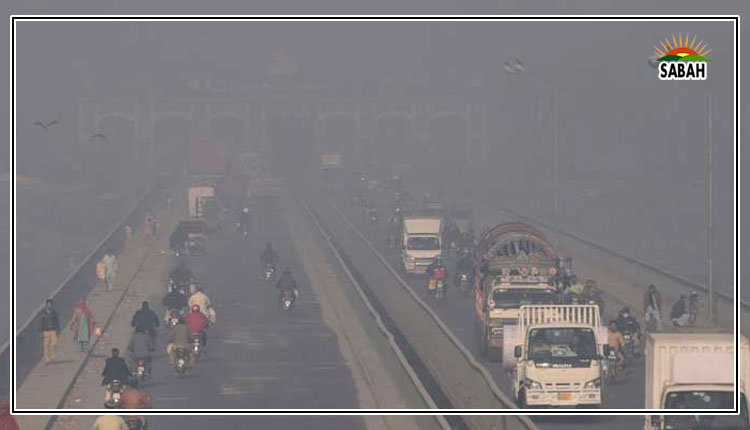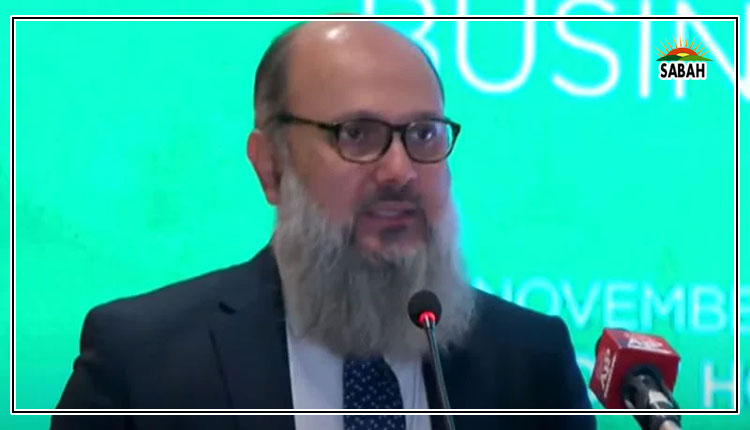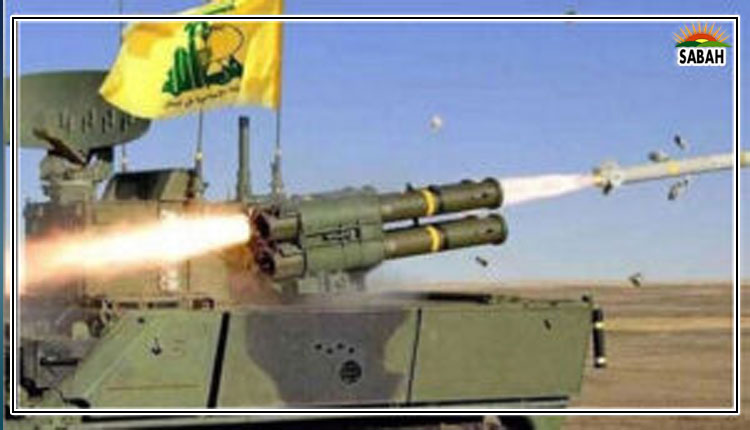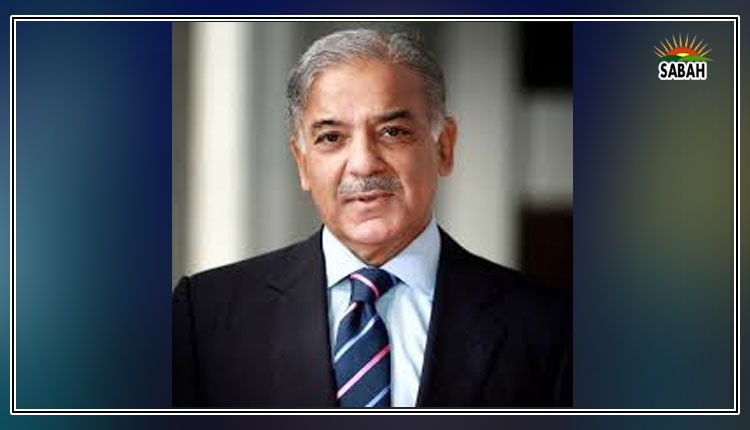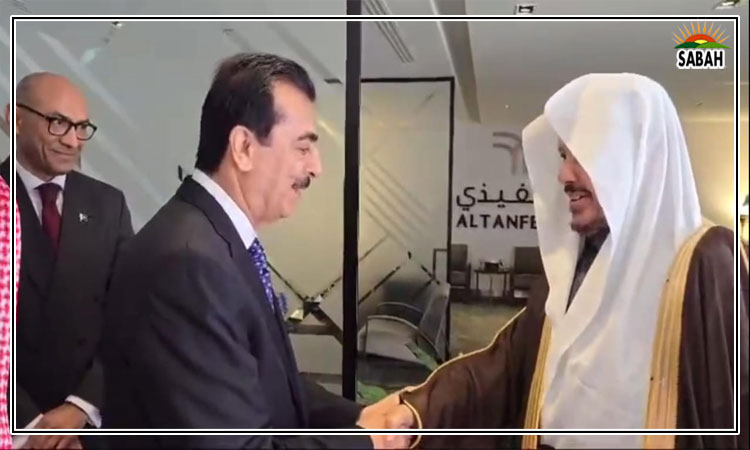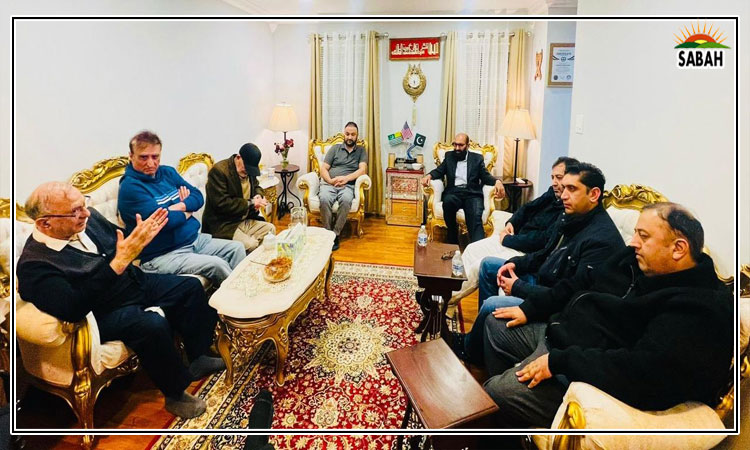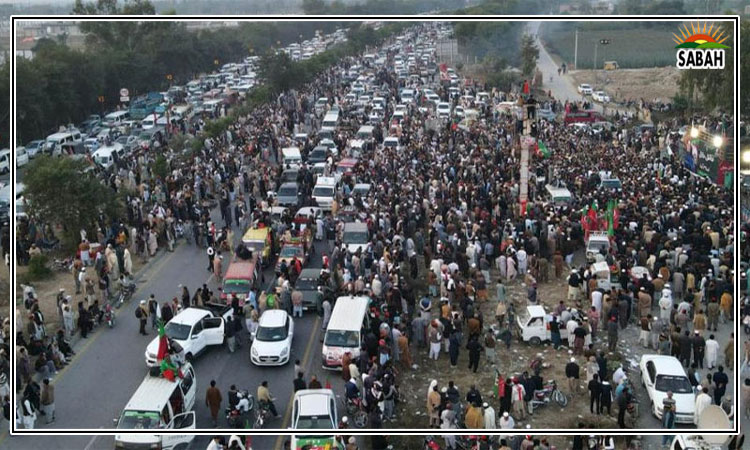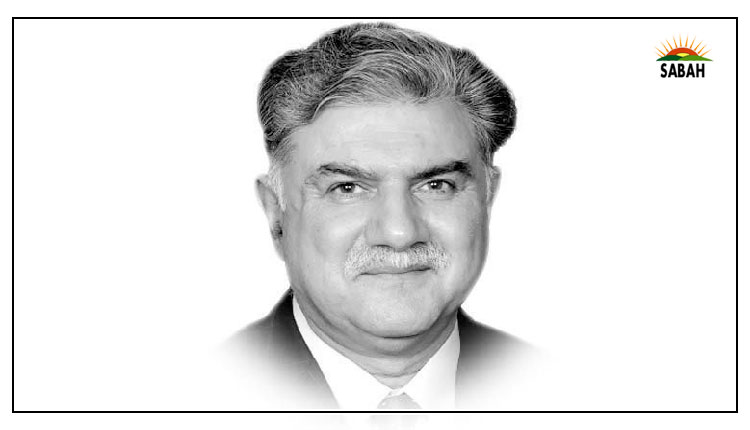Will elections change anything?… Inam Ul Haque
The candidates father wanted to field his son for the provincial legislature in todays elections in KPK, and he proudly confided to me that he had set aside a whooping Rs16 crore (Rs160 million) for him to win. Money and politics make a deadly combination. Contributions ranging from anything upwards of Rs30 million just for the party ticket, and then the ever-increasing expense of elections, electioneering, campaigning, and feting out the voters, in whatever way feasible, costs much more than the cost of ticket in some cases. This is not a poor mans game anymore. Election Commission has been issuing directives, instructions and whatever it pleases to order, to control the election expense and allied donations, etc. But candidates and parties do what they do, and will attend to their sweet needsPeriod.
Add to this the now ubiquitous horse-trading for a berth in the Senate of Pakistan, and democracy in Pakistan would start to stink of moneymostly ill-gotten and easy money. It is no rocket science to know why the power grab is so must for parties and their candidates. With an average expense between Rs100-150 million to land a seat in the provincial assembly (national may be more expensive), the underlying and operative yearning is never to serve the constituentsit is business stupid! To recover that expense manyfoldfrom the provincial and national exchequer through now institutionalised mechanisms of white-collar corruption. And it all happens before our eyes, over and over.
But wait! After elections, how governments are formed? If history is any guide, elections never produce a clear and decisive party position, leaving scope and space for more horse-trading. More money will change more hands, and willy-nilly, the Establishment would get sucked in, because otherwise, the bickering feudal lords-industrialists turned politicians would never agree on nothing except corruption, much less the contours of government and parliamentary democracy. Establishment is drawn because stability is the cherished goal of this entire exercise called elections, as stability would help stabilise the economyPakistans existential lifeline.
Add to this monetary sleaze of despised proportions the protocol; the bullet-proof vehicles with flags flying; the fat pay and other remunerations; the elite networking in the assemblies; the hordes of personal staff; the long lines of constituents with their not so innocent requests, when MNA/MPA visits his constituency; the gun totting guards in double cabins driven by drivers on steroids the mixture is heady and toxic. Pakistan, its economy, its myriad challenges meanwhile can wait!
And then when the government is cobbled together with smaller parties and independents changing sides, and money changing hands, and some recovering some expense, the hundred days countdown starts. With more ministers, ministers of state and special assistants than Pakistan can provide office space, the sluggish government machinery is further slowed down in behind-the-scenes turf wars, ego battles and outright financial blackmail. And to accommodate more loyalists, ill-intentioned attempts are made to choke an already bottlenecked government machinery. PTI in KPK had appointed District Coordinators, to act as viceroys overwatching the district machinery. Their only qualification was party loyalty, and their traits hubris, fat egos and intoxicant usurpation of power, illegally and immorally.
And when the government cranks ahead after constant cajoling and pushes by pro-stability and pro-Pakistan powers-that-be, the ruling clique starts lamenting the empty treasure it inherited, reversing the many initiatives of predecessors, finding nothing good in them. It wastes time and energy in rhetorical point-scoring to further befool the electorate. As the ruling elite of this hard country generally wins the poorly voted contests through bluster, rhetoric and rigging, promising moon and things beyond their mandate, using money or outright badmashi (hooliganism). So easily a year passes without serious legislation, serious reform and serious reckoning. There are bright spots here and there, but they quickly fall into the also ran category.
And opposition starts poking holes in the ruling coalitions defence from day one, hour zero instead of dignified acceptance of defeat, extending a cooperative hand to run the country for greater good of greater numbers, because the moneys available to the ruling party are simply irresistible, and opposition too has election expenses to recover with some profit, possibly. The governance shifts to emotive exchanges in assemblies; in lengthy court battles for frivolous reasons; and on evening talk-shows. Media trials are usually won by the side with hefty lefafas (envelops)… rather delivery and governance on the streets and in the offices, where common folks continue to deal with more of the same.
Another year passes and discontent of the duped electorate starts to show with no fixes to the economy, no systemic reform, no improvement in services, no reigning in the rampant corruptionas corrupt cannot nab corrupt. So, hope wanes and with it the veneer of being on the same page. The idaras continue to apprise the incumbent political royalty of their abysmal performance, their inept and subpar handling of issues, that are too critical and sensitive to national well-being. On average, the hope tanks down in three to four years, since our garam masala-induced South Asian impulsiveness cannot endure more. So, the die is cast for tabdeeli (change). More money changes more hands, as election expenses past and future and some profits are yet to be made.
And then, the system comes to a grinding halt. Subsequently cranked back to life by bureaucracy civil and military or by another stitched-up patchwork of all and sundry, national or caretaker. And the ousted dispensation now playing the victim card lumps everything for the past 75 years and beyond at the doorstep of their Army, making this national centre of gravity, responsible for all shortcomings, incapabilities and incapacitiesindividually and collectively. And this escapism, like cradle songs soothes their already sleeping conscience, removes guilt and infuses energy for another round of money making.
Will this time around be any different? No. The over 50 billion spent on elections could have been put to some other good use instead of polarising an already polarised society and clearing the way for more corruption. If we cannot hold the incoming ruling clique to account under watchful mechanisms, reduce electoral term to four years, pursue the corrupt through re-invigorated NAB, check constitutional and judicial over-reach, and replace hate with national cohesion… we would continue to be prisoners of the system and the conscience.
Keep this piece some place to re-read on 8 February 2027.
Happy our democracy. Long live Pakistan!
Courtesy The Express Tribune


